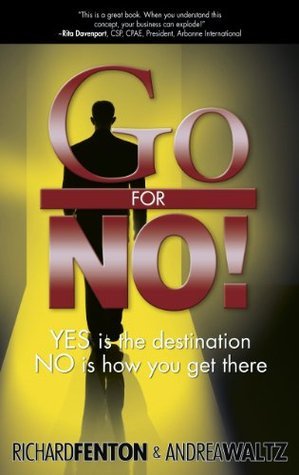Subscribe to Read
Sign up today to enjoy a complimentary trial and begin exploring the world of books! You have the freedom to cancel at your convenience.
Building the Christian Academy
| Title | Building the Christian Academy |
| Writer | |
| Date | 2024-11-07 19:54:44 |
| Type | |
| Link | Listen Read |
Desciption
Until Relatively Recently, the history of higher education in the West was the story of a Christian academic tradition that played a major role in both intellectual history and the history of the church. Over the last one hundred years, however, we have witnessed the progressive secularization of higher education. George Marsden goes so far as to suggest that the American university has lost its soul. But what was that putatively Christian soul? Precisely what in the Christian tradition has now been lost? And what should we know about that tradition as a condition of practical wisdom for the present? Seeking to answer these questions, Arthur Holmes here explores the Christian tradition of learning, focusing on seven formative episodes in history that pertain to building and maintaining a strong Christian academy today. Holmes's fascinating treatment is set within the history of ideas -- the early church in a pagan culture, Augustine's formative influence on monastery and cathedral schools, the rise and decline of scholasticism, Renaissance humanism's contribution to the Protestant Reformation, the utilitarian view of education that accompanied the scientific revolution, and struggles with Enlightenment secularization -- and incorporates the educational thought of Plato and Isocrates, Clement and Origen, Abelard and Hugh of St. Victor, Aquinas and Bonaventure, Erasmus and the Reformers, Francis Bacon and John Milton, and John Henry Newman.
Review
As with most of Holmes' works, this book nicely integrated knowledge and virtue in light of a larger vision. Holmes identifies four key areas that constitute the "soul of Christian learning:"1.The usefulness of liberal arts as preparation for service to both church and society.2. The unity of truth3. Contemplative (or doxological) learning4. The care of the soul (spiritual formation)Holmes captures the true vision of Liberal arts: an education for freemen, rather than slaves, “one that makes citizens, body and soul, fit for the exercise of virtue” (Aristotle, Politics, viii, in Holmes 10). Indeed, such an approach will pursue Virtue: arete; overall excellence that actualizes human potential for a complete life in accordance with reason.Holmes then leads us on a tour of Christian pedagogy in history. With Augustine we pursue the highest good: not just chief among many goods, but the all-inclusive good that gives every other good its value (26). The teacher’s words do not reveal the Truth, but alerts the mind to think about an inherent order of things by the inner light of reason with which God illumines the mind. The real teacher is the Logos.Newman, the Liberal Arts, and SecularizationHolmes ends with a fine chapter on Newman. We don't have to agree with Newman's ecclesiology, but we must appreciate his pedagogy. “The knowledge he [Newman] has in mind, then, is n passive recitation of subject matter but an active engagement that expands the mind, organizing and interpreting material, digesting it and making it subjectively one’s own, and interrelating the old with the new within a comprehensive view of the whole word” (89).Newman’s basic argument: “the university is a place where universal knowledge is taught and so no part of it may be omitted” (92). It is an integrally related system.Conclusion:Reading Holmes reveals why modern education is a complete disaster. We determine progress by quantifiable testing, yet the most important things in life are not reducible to quantification. How do you quantify virtue? But no matter. Even by empirical quantification the modern method (be it GLEs or Common Core) is an utter failure. Proof: both conservatives and liberals are waking up to this disaster.We forbid virtue and integrated systems because they resist quantification, yet we act surprised that "Johnny" not only can't read, but he can't do the right thing. Or anything. To quote CS Lewis, "We castrate the gelding and bid him be fruitful."




